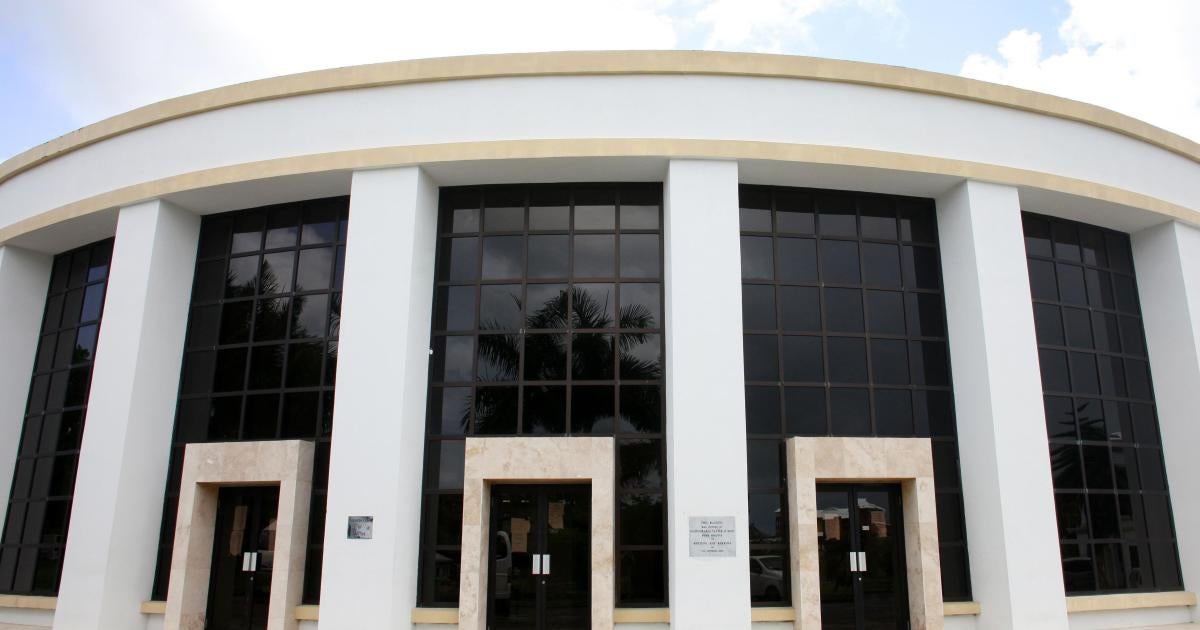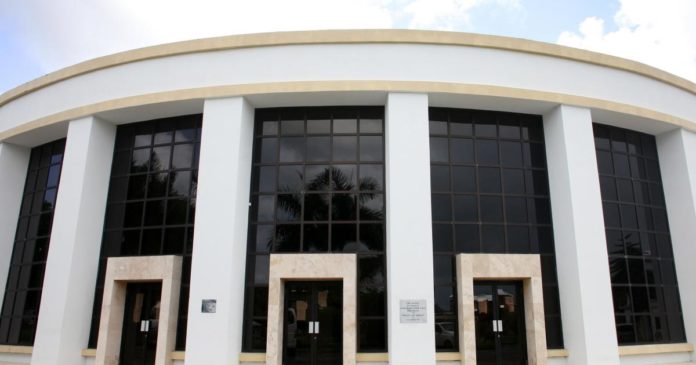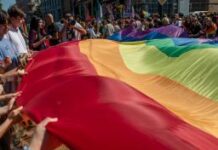
(New York) – The High Court of Justice for Antigua and Barbuda struck down discriminatory legal provisions that criminalized same-sex relations in a landmark ruling on July 5, 2022, Human Rights Watch said today. The court found that such laws violated the right to liberty, protection of the law, freedom of expression, protection of personal privacy, and protection from discrimination.
Antigua and Barbuda’s Sexual Offences Act of 1995 sanctioned “buggery,” defined as “sexual intercourse per anum by a male person with a male person or by a male person with a female person,” with up to 15 years in prison. The act also penalized “serious indecency,” defined as “an act, other than sexual intercourse (whether natural or unnatural), by a person involving the use of genital organ for the purpose of arousing or gratifying sexual desire,” with up to five years’ imprisonment. “Serious indecency” explicitly excluded heterosexual sex.
“The High Court’s landmark ruling is a beacon for LGBT people in Antigua and Barbuda and other Caribbean nations, whose rights and freedoms have been stymied by these punitive laws,” said Cristian González Cabrera, LGBT rights researcher at Human Rights Watch. “Laws criminalizing same-sex conduct, which are in still in force in eight other Caribbean nations, reinforce and tacitly permit discrimination, violence, and prejudice against LGBT people.”
The High Court held that Antigua and Barbuda’s constitutional provision prohibiting sex discrimination also prohibits discrimination based on “gender identity, sexual character, and sexual orientation,” which may expand nondiscrimination protections for LGBT people in various areas of life.
The court’s decision follows civil society efforts to challenge anti-LGBT legislation in the Eastern Caribbean region, spearheaded in part by the Eastern Caribbean Alliance for Diversity and Equality (ECADE). Claimants in this case included a gay man, whom the court recognized as being affected by the discriminatory laws, and Women Against Rape, a civil society organization from Antigua and Barbuda that provides information, education, general support, and direct services to the LGBT community.
In the Caribbean, the Belize Supreme Court became the first Commonwealth Caribbean Court to hold that laws criminalizing same-sex intimacy were unconstitutional in 2018. Trinidad and Tobago’s High Court followed suit later that year.
However, eight countries in the Caribbean still have versions of “buggery” and “serious indecency” law on the books – relics of the British colonial period. Barbados, Dominica, Grenada, Guyana, Jamaica, Saint Kitts and Nevis, Saint Lucia, and Saint Vincent and the Grenadines are all are outliers in the Western Hemisphere, where most countries have decriminalized same-sex conduct. At least 68 countries in the world still criminalize gay sex.
In a December 2020 decision, the Inter-American Commission on Human Rights called on Jamaica to repeal laws prohibiting consensual same-sex conduct, but the country has yet to do so.
While laws criminalizing LGBT intimacy in the Caribbean are rarely enforced, they are broad in scope, are vaguely worded, and serve to legitimize bias and hostility toward LGBT people. A 2018 Human Rights Watch report documented discrimination, violence, and prejudice against LGBT people in seven island nations in the Eastern Caribbean, including Antigua and Barbuda.
Matters of sexual orientation and gender identity, including consensual sexual relations, are protected under the human right to privacy and the human right to be protected against arbitrary and unlawful interference with, or attacks on, one’s private and family life and one’s reputation or dignity. Criminalizing same-sex intimacy violates these international norms and standards, as affirmed by the UN independent expert on sexual orientation and gender identity.
The Organization of American States has urged countries “to adopt the necessary measures to prevent, punish, and eradicate” discrimination based on sexual orientation and gender identity. Core treaties like the International Covenant on Civil and Political Rights; the International Covenant on Economic, Social and Cultural Rights; the American Convention on Human Rights; and a variety of other international instruments have been interpreted by courts and authoritative treaty bodies to ban such discrimination.
“Countries in the Caribbean and beyond that still criminalize same-sex conduct should follow in the footsteps of Antigua and Barbuda and repeal all legislation that discriminates on the basis of sexual and gender identity,” González said. “The Americas should become a region where consensual intimacy and identities are never criminalized, and LGBT people enjoy the same respect for their rights as everyone else.”







